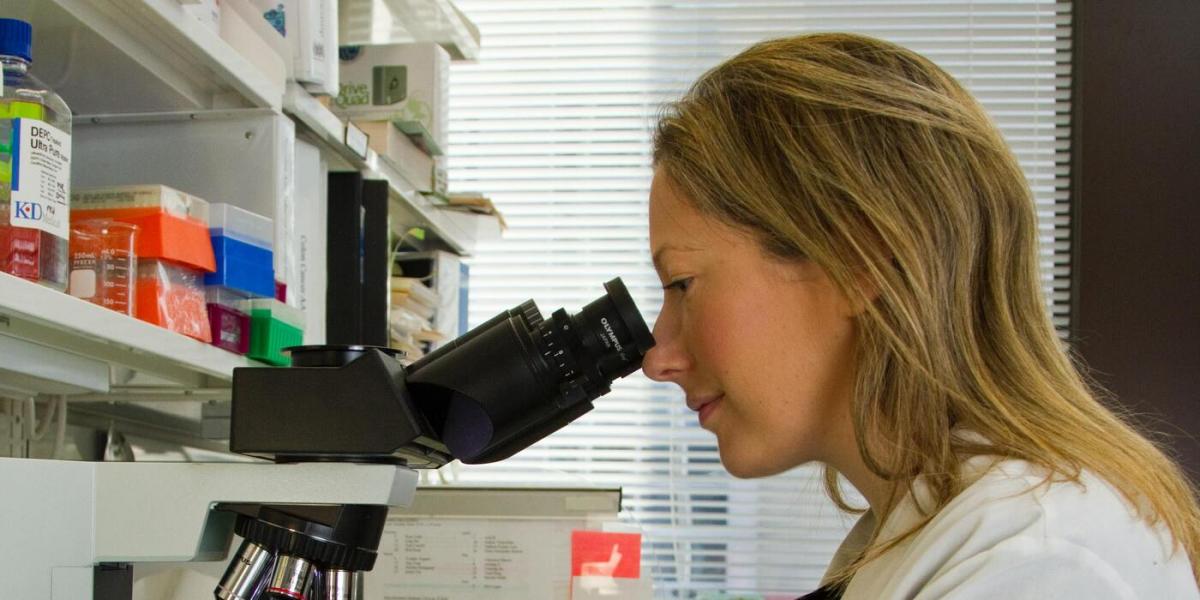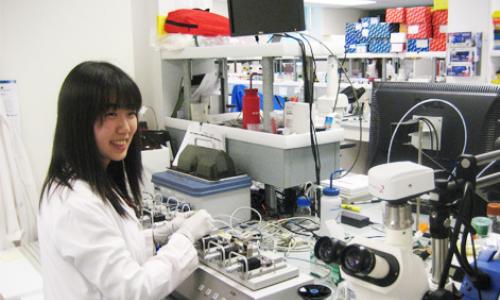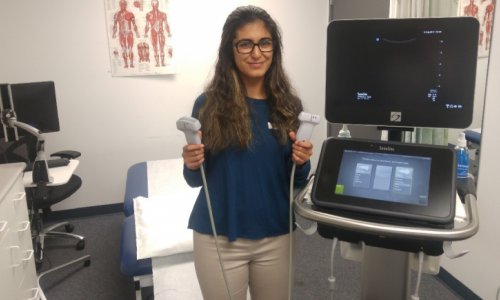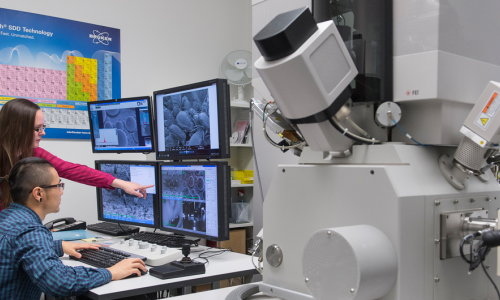
Gaining research experience, for many, is the first step to forging a rewarding career path in many fields across SFU. A myth exists that research opportunities are only available to graduate students and the chances of being accepted are slim. However, there are countless research opportunities available to undergraduate students who have a desire to learn more. Still uncertain about the steps to take to get the research experience you need? Here are 5 steps you should take that can help you get started!
Professors and research assistants are often involved in research initiatives that may require an additional pair of hands. In building your relationships with professors and other members of your faculty, make sure to express your enthusiasm and willingness to learn and participate in research initiatives. You don’t necessarily need to be enrolled in their course that semester but be sure to have conversations with them as often as you can expressing your interests in a field or area of study. Here are some practical steps you can take to build relationships with them.
- Go to office hours! Office hours are a good opportunity to have meaningful one-on-one conversations with professors. It can seem scary to approach them at first, but you will feel more confident and relaxed as you go for more office hours.
- If you are concerned about the office hours being too busy with other students, aim to go early in the semester or go frequently but at shorter intervals. Maximize these pockets of time and be open to the professor and teaching assistants about specific topics and areas you are interested in as well as your professional goals and desired career path.
Research opportunities and openings are often posted on different websites across SFU. Here are some resources and websites that can keep you informed on research opportunities:
- If you are interested in finding researchers within SFU, check out this web page that shows a variety of researchers by faculty and hot research topics. Learn more about researchers and their projects to see which aligns best with your interests.
- Be sure to check SFU’s MyExperience website regularly to stay informed about research-related job/volunteer openings.
- If you are interested in doing a self-directed research project, there are funding opportunities available to support undergraduate students.
The trick to finding the right opportunity is to know where information about research projects and investigators is shared with the public. Here is a non-exhaustive list of different faculties and examples of different pages that talk about the department’s current research projects. Click through and take notes on the different opportunities, resources and funding available!
- Applied Sciences: School of Sustainable Energy Engineering
- Arts and Social Sciences: Gender, Sexuality, and Women's Studies
- Beedie School of Business: Finance
- Communication, Art and Technology
- Education
- Environment
- Health Sciences
- Science: Molecular Biology and Biochemistry
You can find both paid and unpaid research positions. Keep searching and digging through the many different faculty webpages of SFU!
There are many other faculty members, alumni and professionals in your desired field that you can connect with. Set up virtual meetings that can help you gain insight on how to get research experience and advance in your career. Here are some questions that can guide your conversations and informational interviews with them:
- How did you discover/find your first research opportunity?
- What are some tips or guidelines that helped you discover research opportunities?
- What are some challenges that you faced at the beginning of your career and how did you overcome it?
- Who are some key figures and/or organizations that were influential in your career trajectory?
You can also ask further if they can link you to someone who is currently engaged in a research project. The beauty of this strategy is that they can also refer or direct you to other professionals. In asking one person, you can be introduced to many other individuals who will be instrumental in building your career portfolio.
Utilize the resources provided by SFU to kickstart your career. You can gain so much insight and become much certain on how to get the research experience you need from speaking to advisors. Take notes of all your questions and concerns and apply the positive tips/counsel given. Remember to always seek guidance when you feel confused about the next steps to advance your career.
- Book an advising session with your career advisors.
- Reach out to career peer educators who have some level of knowledge on the topic.
Research positions, like any job or role, can benefit from transferable skills. One of the barriers students face in applying for research positions is that they feel under-qualified or lacking the relevant experience. Here are some steps that can help you transform your not-so-relevant experience into a transferable skill:
- Sit down with your resume and create a list of skills you have gained from your various job or volunteer positions. Think deeply about the skills that can be applied to your desired research position. Make sure to highlight these skills in your resume, cover letter and in the interview as well.
- Do some research and find out more about the skills needed for research positions. In that way, you can best tailor your current skills for job positions and discover skills that you need to develop to stand out.
What if you get the chance to work on a research project but on a topic that is not fascinating to you? Will you simply reject the offer? We all have specific interests and areas of specialization. However, you expand your knowledge base and level of creativity when you learn/research something new that we have never been exposed to. Dare to explore new areas and develop your skill sets. There is so much value in being versatile and gaining experience in different fields.
In summary, focus on building a network of professors and staff that are engaged in fields that you are passionate about, check out websites that offer research positions frequently and don’t stop looking! Break out of your comfort zone by applying for research positions different from your desired field. The world awaits you!



















